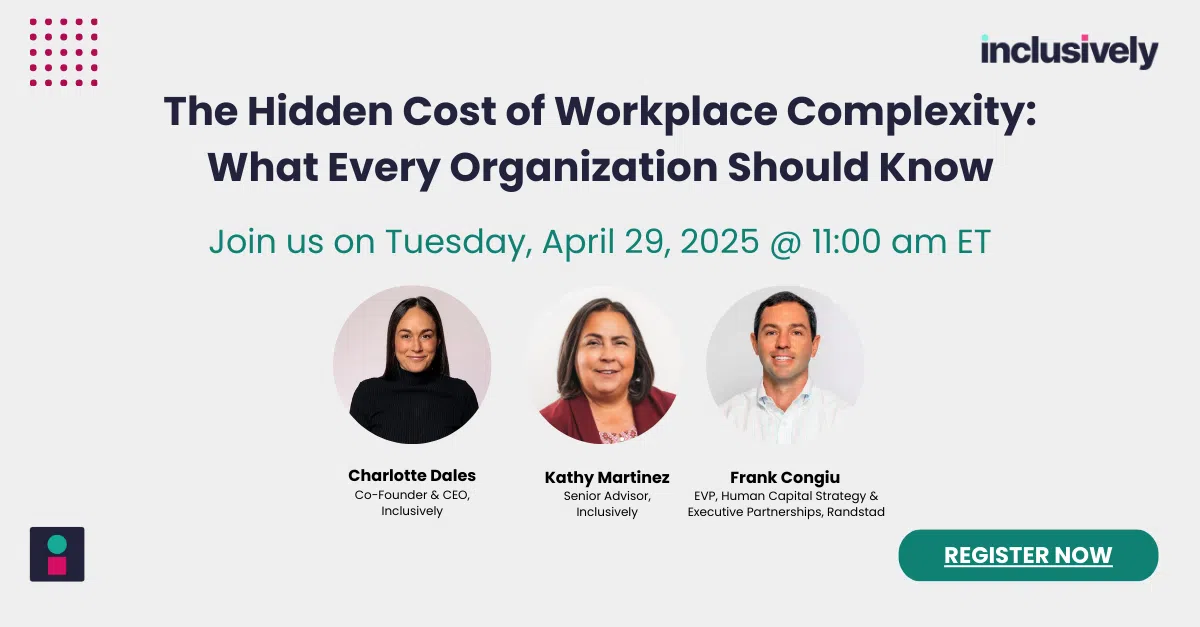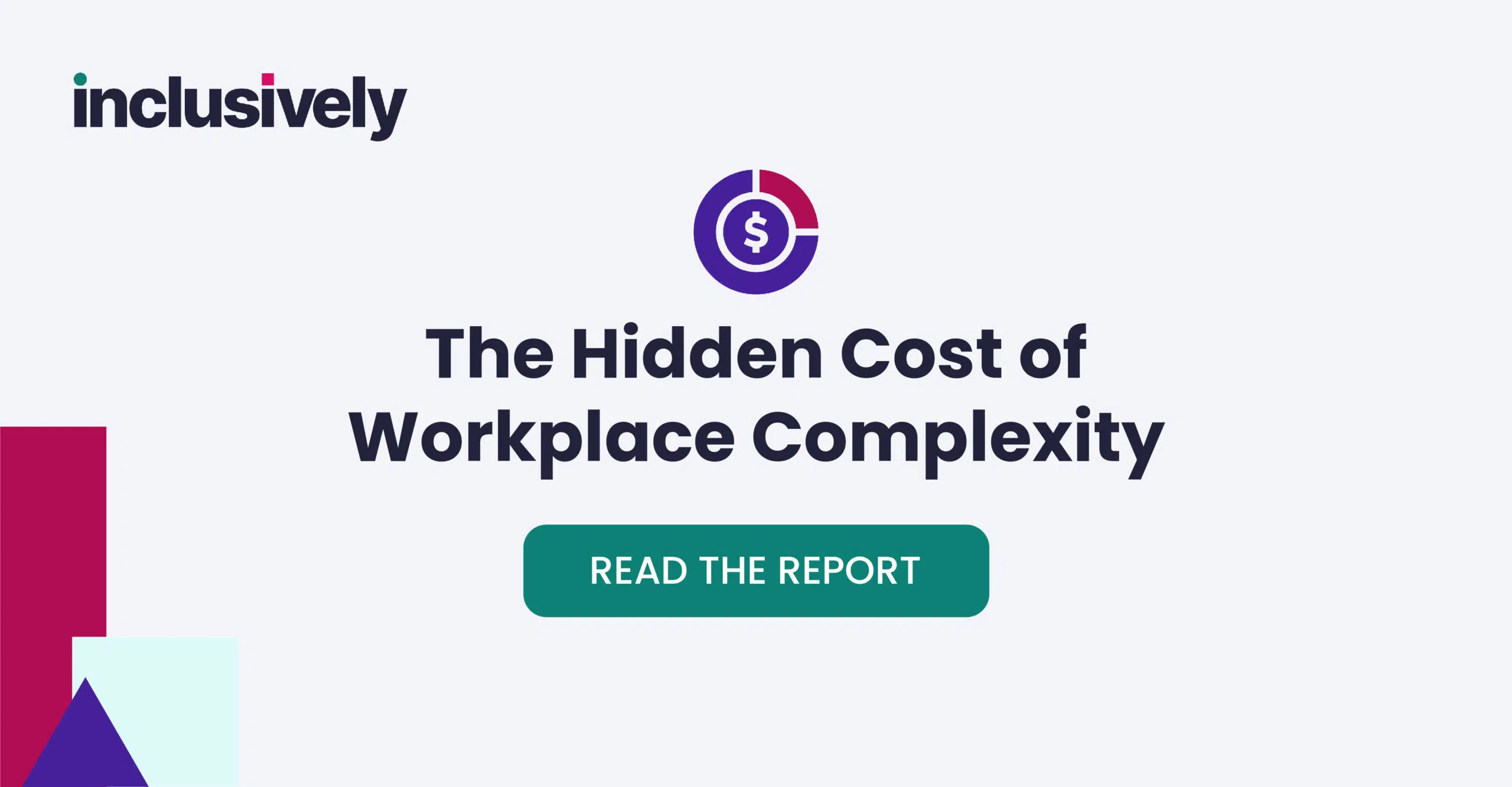Social anxiety is characterized by an intense fear of social situations where the individual fears being judged, embarrassed, or scrutinized by others. While it’s common for many people to feel nervous before a big presentation or meeting, those with social anxiety often feel this heightened state of fear in everyday interactions, making seemingly simple tasks feel insurmountable.
Social anxiety is more than just occasional shyness or nervousness. It’s a chronic health condition wherein individuals anticipate social situations with immense dread, often going to lengths to avoid them despite recognizing that their fears may be exaggerated or irrational. This anxiety can manifest in various ways: excessive sweating, rapid heartbeat, trembling, or even feelings of nausea. Some might find it hard to speak, fearing their voice might shake or they might say something “wrong.”
Are you having social anxiety and worried about finding a job? We can help you in that journey! Every day, people with anxiety are joining our platform as job seekers.
In a workplace setting, common triggers for those with social anxiety might include:
- Interviewing for the new job.
- Group meetings or team brainstorming sessions.
- Presentations in front of colleagues or clients.
- Networking events or company gatherings.
- One-on-one meetings with superiors.
- Casual interactions, like lunch breaks or coffee runs with coworkers.
The key to remember is that social anxiety doesn’t result from a lack of competence or capability. It’s an internal, emotional response to external situations. By recognizing and understanding these triggers, both individuals and employers can work towards creating a conducive and supportive environment.
Personal Coping Strategies
Having social anxiety when working in a professional environment can be challenging, but navigating and thriving is possible with the right personal strategies and support. Here’s how:
Preparation and Familiarity
One of the core triggers for social anxiety is the fear of the unknown. The more familiar you are with your environment and tasks, the less room there is for anticipatory anxiety.
Research: Before attending meetings or events, do a bit of research. Know who you’re meeting and the agenda, and prepare any materials or talking points in advance. This way, you have a foundation of knowledge to rely on.
Rehearse: If you have presentations or public speaking duties, rehearse them. It will help you feel more confident and lessen the fear of stumbling over words.
Familiarity with the Environment: Arrive a little early to familiarize yourself with the room, equipment, and layout. Knowing where everything is can provide a sense of control.
Structured Daily Routines
Predictability can be a boon for those with social anxiety.
Set Clear Agendas: Know what your day looks like. Schedule tasks and stick to them. This helps in time management and reduces the apprehension of unexpected events.
Breaks: Ensure you set aside short breaks to recollect and breathe. A few minutes away from the desk or workstation can make a world of difference.
Breathing Techniques and Mindfulness
Anxiety often manifests physically, making us breathe faster, which can escalate feelings of panic.
Deep Breathing: Take slow, deep breaths when you feel anxiety building. Inhale for a count of four, hold for four and exhale for four. This can calm the nervous system.
Mindfulness and Meditation: Engage in mindfulness exercises, which root you in the present moment. There are numerous apps and online resources to guide you through short, effective meditation sessions tailored for anxiety relief.
Seeking Professional Guidance
Remember, you don’t have to navigate social anxiety alone.
Therapy: Cognitive Behavioral Therapy (CBT) has been notably effective in treating social anxiety. A professional can provide tools, strategies, and perspectives to manage and potentially reduce the severity of symptoms.
Support Groups: Engaging with others who experience social anxiety can provide camaraderie, understanding, and shared coping techniques.
Medication: For some, medication might be an option. Always consult with a healthcare professional to discuss potential benefits and risks.
Incorporating these strategies into your daily routine can make the workplace more manageable. While they may not eradicate social anxiety, they can certainly make it more manageable and even transform challenges into opportunities for personal growth.
Optimal Work Environment Adjustments
Our work environment significantly determines our productivity and well-being, especially for social anxiety patients. Making some key adjustments can make all the difference.
For many with social anxiety, the prospect of daily interactions can be daunting. Opting for remote or flexible work can alleviate many of these concerns:
Reduced Stress: Eliminating daily commutes and the need for continuous social interaction can significantly reduce stress levels.
Comfort of Home: Being in a familiar environment can provide a sense of security, allowing for better focus on tasks.
Flexibility: Flexible hours can also mean scheduling work during one’s most productive times or when one feels most at ease.
Even small changes to one’s immediate workspace can contribute to reduced anxiety:
Calming Elements: Consider adding plants, calming colors, or soothing artwork. These can act as visual anchors, helping to ground you during moments of anxiety.
Noise Management: Noise-canceling headphones can be a game-changer, especially in bustling open offices. They can help drown out triggering noises and provide a sense of solitude.
Personal Touches: Personal photos, favorite books, or even comfort items can make the workspace feel more personal and safe.
Building a Support System at Work
Support systems are essential. Knowing you’re not alone and that there’s someone to lean on can make facing each workday easier.
Finding Allies and Mentors
Confidantes: Identify colleagues whom you can trust. Having someone to talk to about your day can make a difference.
Mentors: A mentor in the workplace can guide you professionally and personally. They can offer advice, provide perspective, and even help navigate social scenarios in the office.
Joining Support Groups or ERGs
Shared Experiences: Joining or forming a support group within the office for individuals with social anxiety or other challenges can be beneficial. Sharing experiences, coping mechanisms, and simply having a shared understanding can be comforting.
Resource Sharing: Such groups can also act as a reservoir of resources, from recommending therapists to sharing helpful articles and techniques.
Together, these strategies and adjustments underscore the importance of a supportive work environment and its role in the success of individuals with social anxiety.
Employers’ Role: Supporting Employees with Social Anxiety
The success of any organization is deeply intertwined with the well-being of its employees. Employers are pivotal in ensuring that individuals with social anxiety feel valued, understood, and supported professionally.
It’s crucial for companies to initiate workshops that spread awareness about social anxiety, dispelling myths and fostering a culture of understanding. Workshops that equip employees with communication skills, conflict resolution techniques, and stress management can benefit those with social anxiety and the entire workforce.
Understanding and addressing social anxiety is not just a token gesture but a necessity. The strategies outlined in this article aim to provide a roadmap for both individuals with social anxiety and their employers. With consistent efforts, understanding, and the right tools in place, it’s not just about coping; it’s about thriving. For all those going through the challenges of social anxiety, remember with the right support and environment, you’re not just destined to succeed; you’re poised to excel.


